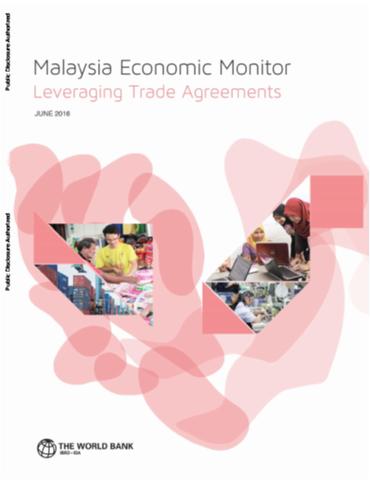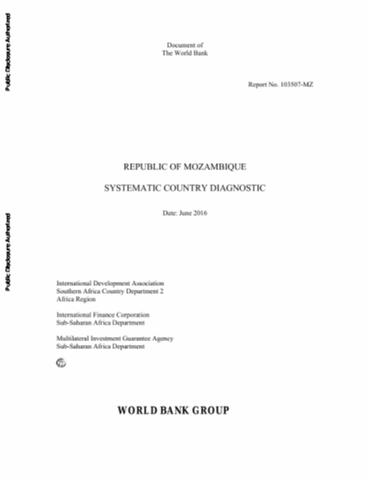Collective versus Individual Property: Tenure Security and Forest Tenure Reforms in China
This study assesses the determinants of forest land allocation to households in the forest tenure reforms in China in the period 1980-2005 using data from three provinces in Southern China; Fujian, Jiang Xi and Yunnan. Furthermore, it assesses the current level of tenure security on forest land and how this tenure security is affected by past and more recent policy changes.




